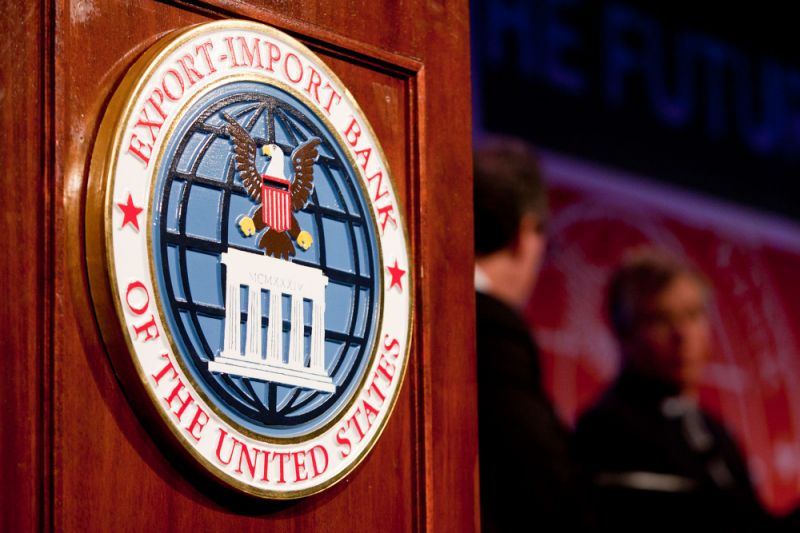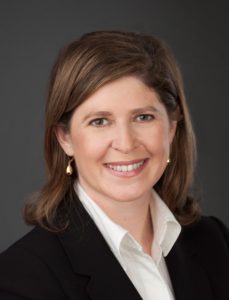Washington — The time to do business in Africa is now, according to a new report from global business consulting company Goldman Sachs.
“Africa is something investors have to think about, for long-term growth (either participating in it or missing it), for its economic implications for the world, and for the need for Africa to succeed in order to enable it to supply the world with scarce resources,” says the company’s March report on Africa.
The report says the continent “has a major role to play in resolving the world’s commodity, food and labor constraints in the near, medium and long term.”
Although the continent is getting positioned to offer increased agricultural, mineral and commodities exports, Goldman Sachs said Africa’s potential “is about much more than resources as it evolves and climbs the consumption, urbanization and perhaps industrialization curves” mounted by other developing nations.
“Clearly there are many risks, from climate to corruption, from competence to capital, but recently it seems that more is going right than ever before,” the report says.
With the continent expected to have the world’s largest workforce by the middle of the 21st century, and with one in 10 Africans expected to be in the global middle class by 2030, Africa is looking more than ever like the next frontier for investment.
But barriers still exist. Unstable governments, high trade tariffs and inadequate education remain problems in several African countries that stand to work against the continent’s economic growth.
But the main impediment to growth is poor infrastructure.
“Moving goods around Africa takes longer and costs more than in most places in the world,” the report says. “On top of this, Africa scores very badly in terms of number of power outages and poorly on transport infrastructure per capita.”
Goldman Sachs said correcting this problem will require that the funding mix shift away from governments and toward more private sector involvement, including foreign capital. “Removing this brake on growth is essential” for African growth, the report adds.
Assistant Secretary of State for African Affairs Johnnie Carson recently led a U.S. trade mission to Mozambique, Tanzania, Ghana and Nigeria to look at potential investment projects with the aim of enhancing the countries’ ability to generate electric power — a key infrastructure need for Africa. The mission, which was co-sponsored by the Corporate Council on Africa, made a brief stop in Kenya as well.
The United States will host the 11th U.S.–Sub-Saharan Africa Trade and Economic Cooperation Forum, also known as the AGOA Forum, June 14–15 with the theme of “Enhancing Africa’s Infrastructure for Trade.” That forum will be followed by a U.S.-Africa Business Conference in Cincinnati, Ohio, June 21–22, that will echo the AGOA Forum’s themes of infrastructure development, particularly in the areas of energy, transportation, water and sanitation.
A copy of the Goldman Sachs report:
http://www.fusioninvestmentsltd.com/downloads/gs_research_africas_turn.pdf




